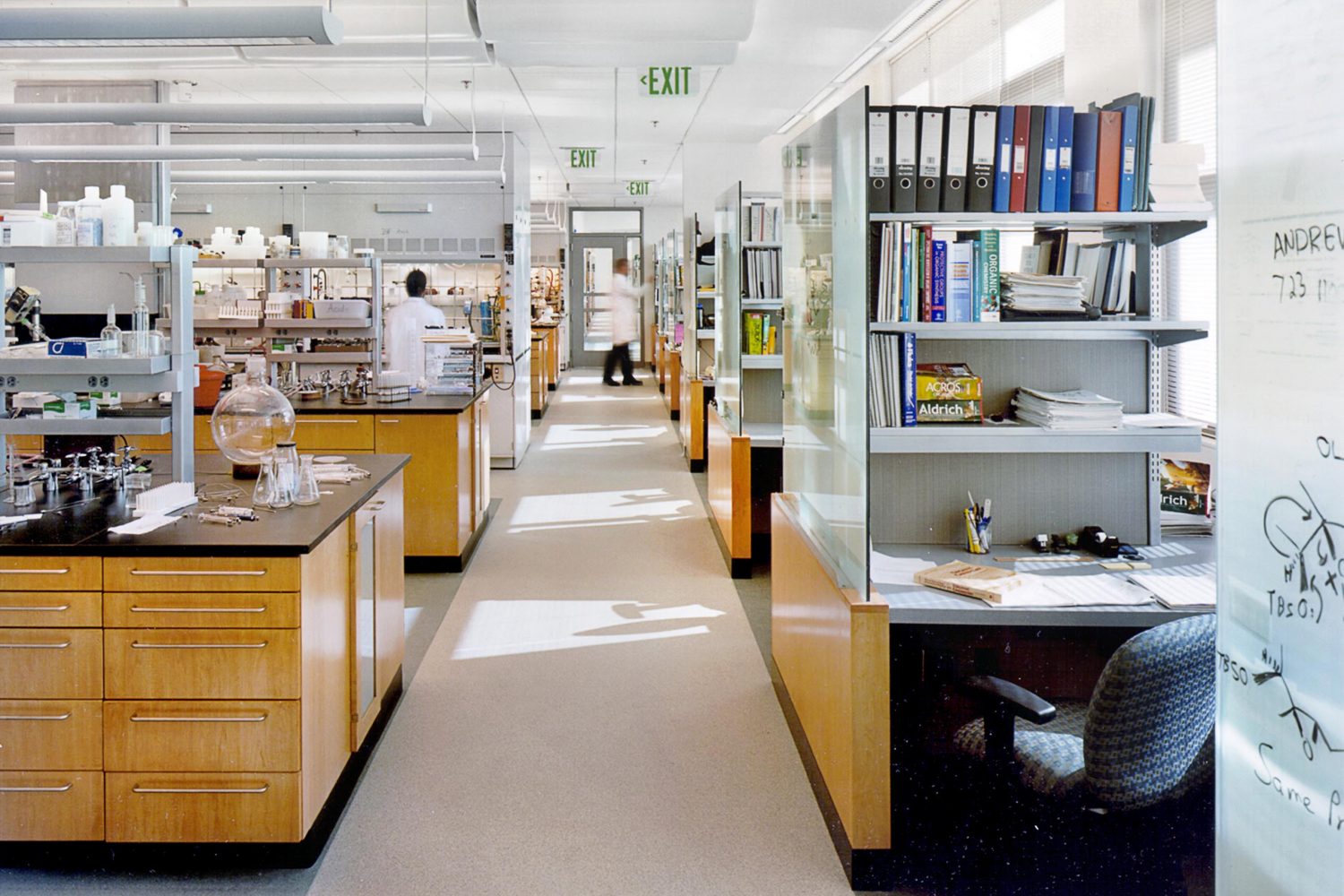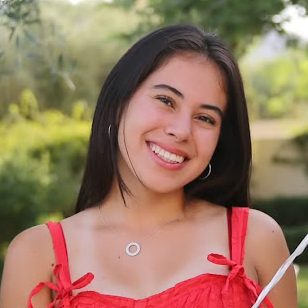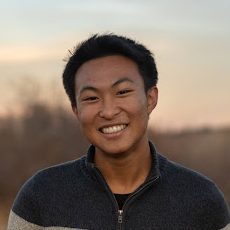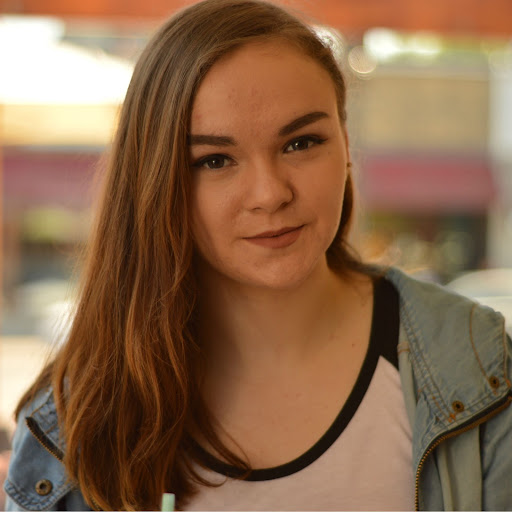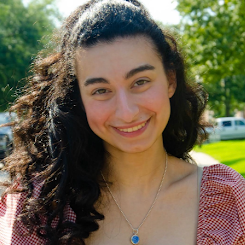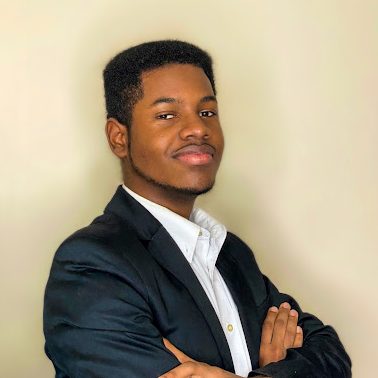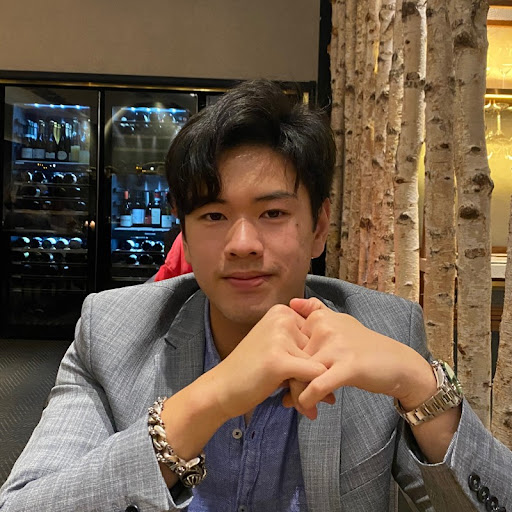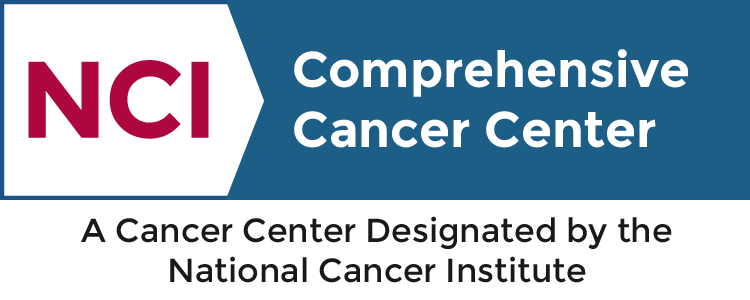The Stanford Cancer Institute (SCI) pilot undergraduate summer program provide Stanford undergraduates interested in further exploring cancer-related career tracks with hands-on lab experience.
Education
Program Information
Eligibility:
- Rising junior or senior at Stanford who is interested in cancer related research and/or career tracks
- Pre-med coursework (Biology, Math & Statistics, Social Sciences, Physical Sciences etc.)
- Evidenced prior coursework or experience in a lab setting is preferred and a plus
- One academic reference (Letters are NOT required at the time of submission of the application).
Key dates:
- Program dates: Jun. 24 - Jul. 29 (6 weeks)
- Call for applications: Dec. 1, 2023
- Information session: Jan. 5
- Application deadline: Jan. 11
- Notification emails: Jan. 22
- Intent to accept: Feb. 1
- Waitlisted student notification: Feb. 8
Program commitment and expectations:
All students are required to participate in the following:
- SCI seminars/ faculty talks
- Enrichment and social events
- Work in the labs with faculty mentor and other scholars (up to 8 hrs/per day)
Funding:
The summer stipend is $9,000 ($3,000 housing support and $6,000 summer stipend).
For questions contact
Sei Lee: seilee@stanford.edu
- 2023 Mentees
- Program Recap
The Stanford Cancer Institute (SCI) launched the SCI Pilot Undergraduate Summer Program, a six-week program that concluded on August 7. The program provides mentorship from SCI faculty members and hands-on lab experience to Stanford undergraduates interested in exploring cancer-related career tracks and helps them gain an in-depth understanding of cancer research. This program is the first of its kind at Stanford.
The program cohort consisted of six undergraduates pursuing science, technology, engineering, and math (STEM) majors. Because the program takes place during the summer, undergraduates had the opportunity to fully immerse themselves in an area of research they are excited about without having to balance out a typical academic load during the school year.
“This summer [program] has really allowed me to focus on conducting wet lab research. It’s a lot nicer not having to balance other classes and assignments. You can just really focus on the work,” said Zachary Jun Xiang Yu, a rising junior studying in the Gephart Lab.
Each member of the program cohort is paired with an SCI faculty member to provide mentorship, invaluable insight, and in-depth lab experience that contributes to their mentor’s research area. Students are expected to work in their mentor’s lab up to eight hours each day.
With his mentor Melanie Gephart, MD, who specializes in brain tumor research, Yu investigated the role of the choroid plexus in central nervous system leukemia by using biocomputational strategies to identify specific genes that contribute to the survival of cancer cells.
“I came in without much experience, but my mentors have been really supportive,” he remarked.
No matter the amount of lab experience an applicant has, the program is a great place to start or continue conducting research in a professional setting.
“When I was a freshman, it was very intimidating to get into research. This program is great because it accommodates all levels,” said Camryn Franke, a rising senior.
Franke has been a research assistant to Tanja Gruber, MD, her mentor, for over two years. This summer, Franke continued her work screening antigens identified in a proteomics analysis of cells from a patient-derived xenograft murine model for potential as immunotherapeutic targets.
She is also enrolled in Stanford’s Biomedical Informatics coterminal masters program, a much larger program in terms of size. Franke appreciates the small, close-knit environment the pilot program provides. Because the program only accepts six applicants per cycle, the group is able to interact, collaborate, and socialize on a regular basis to build community.
“There has been this nice sense of community that has been established in the small group we have,” said Jennifer Hamad, a rising junior. “All around, it’s really been a remarkable experience. Nothing compares to spending a summer getting to do research that you really, really love to do.”
Hamad studied in the Mackall Lab to develop a novel cancer immunotherapy that can alter the tumor microenvironment and upregulate the activity of T-cells by exploiting their endogenous regulatory capabilities.
“Within the last six weeks, my understanding and knowledge of what I’m doing in the lab and different research techniques have just skyrocketed. I have learned a lot and grown a lot in the time period that I’ve been here,” Hamad said.
Over the course of the program, students are expected to attend regular SCI seminars and faculty talks, such as the Stanford Cancer Institute Breakthroughs in Cancer seminar series, where they can network and meet colleagues in related research fields. Students were provided a $6,000 stipend with an additional $3,000 allowance for housing so they can devote their complete attention to their research.
“It’s truly been remarkable over the summer. Just the opportunity to get to work in an environment doing work that you love to do is fantastic,” Hamad said.
August 2023 by Kai Zheng

